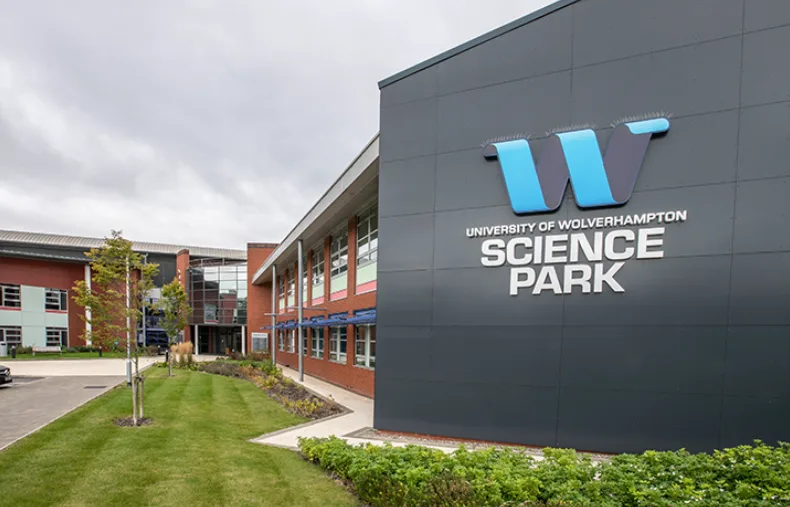Goldilock Thrives in the West Midlands, Citing Ideal Conditions for Cybersecurity Innovation

By Anushka Malhotra
1 minute 48 seconds
Growth
Share:
Quick Read: Cybersecurity innovator Goldilock highlights why the West Midlands is ideal for tech growth, citing its talent, strategic location, and thriving ecosystem.
With the UK’s tech sector booming, the West Midlands has emerged as a prime location for cybersecurity growth—expected to surge from £118 billion in 2022 to £287 billion by 2029. At the centre of this innovation is Goldilock, a cybersecurity startup based at the University of Wolverhampton’s Science Park, which credits the region’s ecosystem and talent pool for its rapid progress.
Goldilock’s Project Manager, Joshua Mark Bradley, shared insights on why the West Midlands was a clear choice for the company, noting its proximity to the Wolverhampton Cyber Research Institute (WCRI) and an array of tech startups focused on diverse aspects of cybersecurity.
“Our hardware-based approach is unique, and being part of this dynamic environment, close to such resources and expertise, is a huge advantage for us.” Bradley explained.

Photo Credit: University of Wolverhampton
The strategic importance of the West Midlands in cybersecurity was underscored in December 2023, when the UK government chose the region to launch its National Cyber Strategy. Bradley highlighted the abundance of skilled talent in the area, from software developers to product designers.
“We recruit from a broad radius, and we’re finding adaptable, multi-skilled candidates ideal for our growing team.”
Goldilock’s achievements further strengthen the region’s reputation. In September 2024, it advanced to Phase II of NATO’s Defence Innovation Accelerator for the North Atlantic (DIANA) program. This prestigious initiative provides funding and support for the company’s physical cybersecurity solutions, which isolate networks from internet threats through instant disconnection—a unique hardware approach in a field dominated by software solutions.
“Our work with NATO’s DIANA has elevated our profile, not just for Goldilock but for the West Midlands.”
said Bradley. The company is also a participant in the UK’s National Cyber Security Centre (NCSC) For Startups program and has completed successful projects under the Ministry of Defence’s Defence and Security Accelerator (DASA). Goldilock was further recognised in the UK’s Most Innovative Cyber SME competition in 2023.
Bradley attributes Goldilock’s growth to the collaborative and adaptive nature of the West Midlands.
“If I had to sum up the region, I’d say it’s creative, innovative, and adaptive. The West Midlands doesn’t follow trends; it creates them, embracing technology and new methods.”
Goldilock continues to push boundaries, exploring materials resistant to extreme conditions to enhance its products.
“Ultimately, we aim to secure every aspect of the nation’s critical infrastructure—from transport to energy supply. We’re set to expand, and we’ll be doing it here in the West Midlands.”
Bradley affirmed.
With its strategic location, top-tier talent, and cutting-edge cybersecurity ecosystem, the West Midlands is poised to be a major player in the tech industry’s future.

Proudly Backed By Our Patrons

















